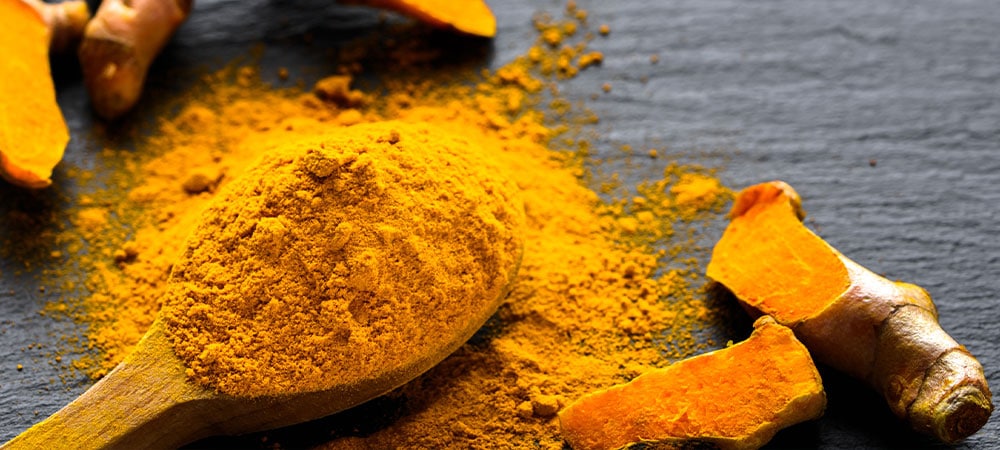It’s no secret that modern culture is a perfect environment for stress. There’s so much to do in so little time, and finding quiet places or a spare moment for mindfulness is its own (stress-inducing) challenge.
When it comes to the human body, a little bit of stress is actually a good thing. Stress gets our adrenaline going, which helped our ancestors focus at key moments and escape danger. Today, in small doses, it can help us focus or perform at a high level.
The problem is that, like cheesecake, stress should really be a “sometimes” thing. But all too often, we are exposed to lots of stress over long periods of time (also known as chronic stress). This kind of stress wreaks havoc on memory, energy levels, focus, and attention. It also causes your adrenal glands to release high levels of cortisol, which weakens immunity and causes inflammation over time.
Prescription medications promising to help us cope with anxiety and stress abound, but millions of consumers prefer a natural alternative that’s safe and healthy to ingest for the long haul.
That’s where adaptogens (and, maybe, your adaptogenic products) come in.
What are adaptogens?
Adaptogens are experiencing a surge in popularity these days, much like the ketogenic diet or intermittent fasting. They’re far from a modern invention, though—in fact, adaptogens have been used in Eastern medicine for centuries.
So what exactly are they, and how can they benefit your product line?
Adaptogens are herbs and other botanicals renowned for their ability to help the body handle stress in a healthy way.
Some of the most popular adaptogens include:
- Maca: a root from the Andes mountains
- Turmeric: an herb often found in tea
- Ashwagandha: a plant, sometimes called Indian ginseng
- Reishi: a mushroom usually found in dry or powdered form
- Siberian Ginseng: a popular remedy grown in China and Russia
- Holy basil: an herb sometimes called “the elixir of life”
They work by strengthening the adrenal system, normalizing its response to stress and balancing the body. They’re also good sources of antioxidants, which keep inflammation to a healthy level.
Studies are still being done on the exact ways that adaptogens interact with the body. But there seem to be, better known as its stress response system. There is also research to suggest that they regulate the level of stress hormones like cortisol.
In a nutshell, they balance hormones, and work against stress responses in the body that contribute to fatigue and other stress-related symptoms.
How can you take advantage of the trend?
Products containing adaptogens are an excellent addition to any consumable product that’s focused on a holistic approach to health. They’re all over Instagram these days, and wellness sites like Goop rave about them—meaning that now is a great time to promote adaptogenic products!
Most adaptogenic products on the market are beverages or supplements. Because they are usually dried herbs that can be crushed or powdered, most consumable products can easily incorporate them. They’re also very shelf-stable, which makes them easy to work with and extends product shelf life.
You can put them in capsules, liquids, or powders, and either market them for consumption as standalone products, or as additions to foods your customers already eat, like teas or smoothies.
Here are some top brands that have already jumped on the trend of including adaptogens in beverages or powders:
- GT’s ALIVE (known for their kombucha tea)
- Kin
- Rebbl
- Metta
- Droplet (formerly Dewdrop)
- Rasa
There are also several brands that offer adaptogens as capsule or powdered supplements. Moon Juice and Sun Potion are both worth checking out.
Why they’re worth investigating
If your product line includes supplements or healthy beverages, adaptogens are a great way to offer your customers stress relief—and who doesn’t need at least a little bit of that these days?
The benefits of including adaptogens are numerous: they’re not common enough to be easily accessible in everyday food, the health benefits pair well with most product lines focused on beauty and wellness, and they’re new enough that there isn’t as much competition as you might find for other types of products.
Of course, there are some considerations to make, too. Some research suggests that pregnant women should not consume certain adaptogens. And you’ll need to research dosage; since studies are ongoing, the right amount to include isn’t always clear.
You’ll also want to be sure that your labels comply with all FDA guidelines. For guidance on labeling supplements within the FDA’s requirements, check out this post.
Stress is an epidemic, and adaptogens could be an important part of a well-balanced diet focused on combating stress and its wide array of negative effects. It’s worth doing some research to see if they’re a good fit for your product, especially if this is just the leading edge of the adaptogenic wave.
Ready to make your specialty food or beauty brand stand out?
Need help to design a new label or package design for your brand? Our versatile packaging design agency would love to help. Contact us, we’re here to help!



